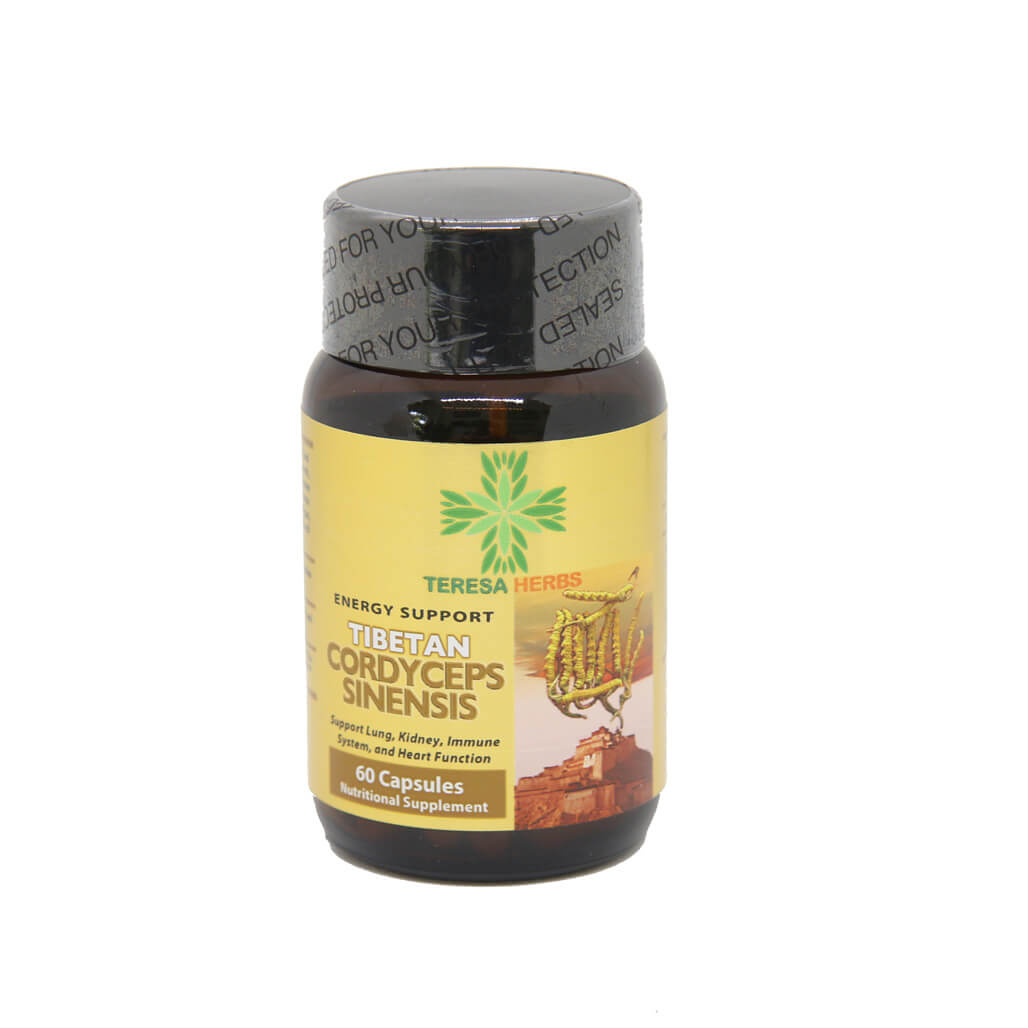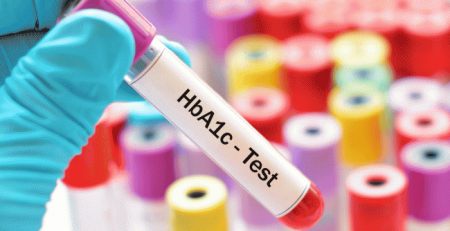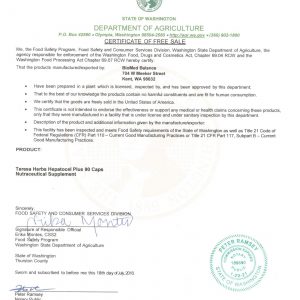Lifestyle Changes to Treat High Blood Pressure
Blood pressure is the force of blood pushing against your artery walls as it goes through your body. Like air in a tire or water in a hose, blood fills your arteries to a point. Just as too much air pressure can damage a tire, or too much water pushing through a garden hose can damage the hose, high blood pressure can hurt your arteries and lead to life-threatening conditions like heart disease and stroke.

How Is Blood Pressure Measured?
A reading appears as two numbers. The first, the higher of the two, is your systolic pressure. That’s the force in the arteries when the heart beats. The second number is your diastolic pressure, or the pressure in the arteries when the heart rests between beats.
Normal blood pressure goes up from about 64/40 at birth to about 120/80 in a healthy adult. If someone were to take your blood pressure right after you gave a speech or jogged 5 miles, it’d probably be slightly high. This isn’t necessarily cause for alarm: It’s natural for blood pressure to rise and fall with changes in activity or emotional state.
It’s also normal for blood pressure to vary from person to person, even from one area of the body to another. But if your blood pressure stays high, you should talk with your doctor about treatment. Hypertension forces the heart to work far beyond its capacity. Along with injuring blood vessels, it can damage your brain, eyes, and kidneys.
People with readings of 130/80 or higher, on at least two occasions, are said to have high blood pressure
If yours is 180/120 or higher, get medical attention right away.
Your doctor could also tell you that you have something called prehypertension. That’s when your BP is just a bit higher than 120/less than 80. About 75 million Americans fall into this category. Prehypertension can raise your chance of damage to your arteries, heart, brain, and kidneys. Many doctors say prehypertension should be treated. Still, there’s no evidence that it provides long-term help.
Many people who have high blood pressure don’t realize they have it. It’s often called “the silent killer” because it rarely causes symptoms, even as it causes serious damage to the body.
Left untreated, hypertension can lead to serious problems, such as:
- Vision problems
- Heart attack
- Stroke
- Kidney failure
- Heart failure
- Critically ill patients who have very high blood pressure may have “malignant hypertension.” It’s a dangerous condition that can develop rapidly and damage your organs quickly. If you have it, you should see your doctor right away.
- Fortunately, high blood pressure can be controlled. The first step is to have your blood pressure checked regularly.
Who Gets Hypertension?
High blood pressure is more likely in people with a family history of high blood pressure, heart disease, or diabetes.
It’s also more common in people who are:
- African-American
- Older than 55
-

People older than 55 years old often have high blood pressure
Overweight
- Inactive
- Heavy alcohol drinkers
- Smokers
If you eat foods high in salt, or use medications like NSAIDs (such as ibuprofen and aspirin), decongestants, and illicit drugs such as cocaine, you also have a higher chance of getting high blood pressure
To prevent high blood pressure, everyone should be encouraged to make lifestyle modifications, such as eating a healthier diet, quitting smoking, and getting more exercise. Treatment with medication is recommended to lower blood pressure to less than 130/80 in people older than age 65 and those with risk factors such as diabetes and high cholesterol.
Treating high blood pressure involves lifestyle changes and possibly drug therapy.
Lifestyle Changes to Treat High Blood Pressure
A critical step in preventing and treating high blood pressure is a healthy lifestyle. You can lower your blood pressure with the following lifestyle changes:
- Losing weight if you are overweight or obese
- Quitting smoking
- Eating a healthy diet, including the DASH diet (eating more fruits, vegetables, and low fat dairy products, less saturated and total fat)
-

Eating a healthy diet helps control blood pressure
Reducing the amount of sodium in your diet to less than 1,500 milligrams a day if you have high blood pressure; healthy adults should try to limit their sodium intake to no more 2,300 milligrams a day (about 1 teaspoon of salt).
- Getting regular aerobic exercise (such as brisk walking at least 30 minutes a day, several days a week)
- Limiting alcohol to two drinks a day for men, one drink a day for women
Cordyceps helps stabilize blood pressure

Source: WebMD














Leave a Reply